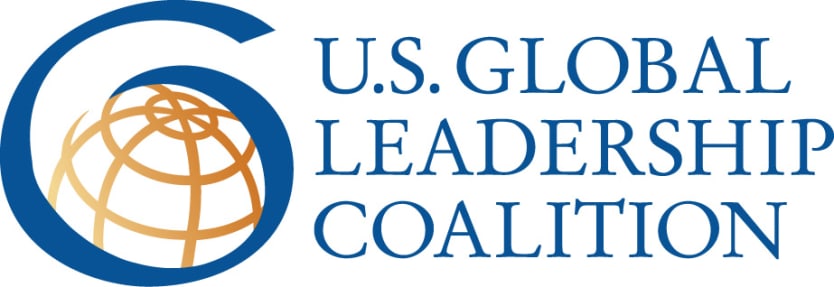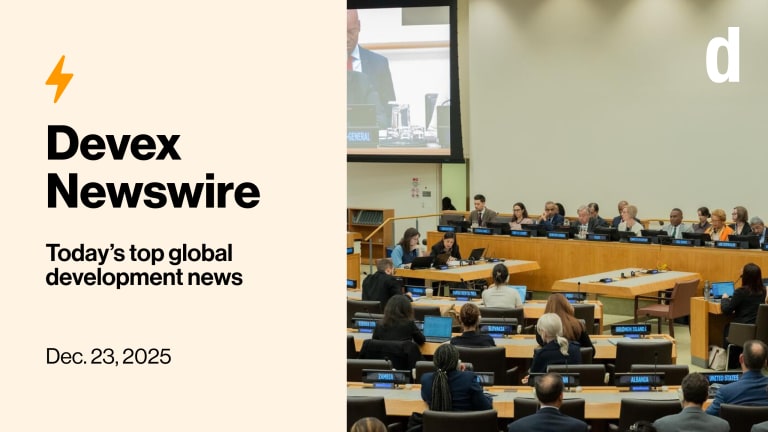
EDITOR’S NOTE: Millennium Challenge Corp. CEO Daniel Yohannes affirmed the principle of untying aid in response to concerns raised by Sen. Jim Webb over an MCC-funded contract in Mali that was awarded to a Chinese firm, Jordan Smith of the U.S. Global Leadership Coalition notes. Yohannes also cited that the majority of MCC-backed contracts have gone to U.S. companies.
Last Friday, Millennium Challenge Corporation (MCC) CEO Daniel Yohannes responded to concerns raised by Senator Jim Webb (D-VA) stemming from a Reuters report that China’s Sinohydro Corporation signed a contract with Mali to build a new airport for the capital, a $71.6 million project financed by the MCC. Senator Webb requested that the MCC cancel projects awarding contracts to Chinese state-owned enterprises, saying that “at a time when our economy is struggling to recover, I am concerned that the funding of Chinese state-owned companies with U.S. taxpayer dollars harms American business, foreign policy, and development interests abroad.” Mr. Yohannes responded by pointing out that U.S. companies have won 77 percent of contracts administered by the MCC. He highlighted the U.S. government’s commitment to progressively “untie” aid—“to not require that the procurement of goods and services be limited to the donor country” – which encourages other countries to do the same and promotes competition among business. “Like you, MCC wants to see American companies compete successfully in emerging and frontier markets where the agency operates,” Yohannes wrote.
Re-published with permission by the U.S. Global Leadership Coalition. Visit the original article.








